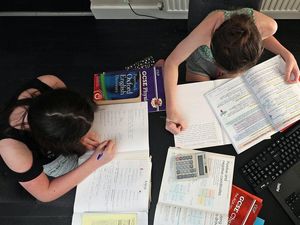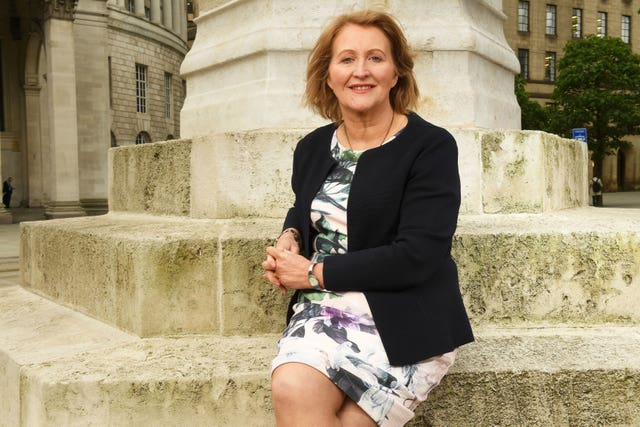Shops reopening could distract children from school work, MPs told
The Children’s Commissioner for England Anne Longfield was giving evidence to the Education Select Committee.

Shops reopening and a spell of good weather could distract children from doing their school work at home, the Children’s Commissioner for England Anne Longfield has warned.
Ms Longfield also told the Education Select Committee that there needed to be “greater consistency and guidance” from the Government about how home schooling should look, as she warned MPs about the negative impact of lengthy school closures on children’s attainment.
At the virtual meeting on Wednesday, the commissioner said: “If we stick to the numbers of classes that are going back right now, that could be eight million children that have been out of school for six months by September.

“We looked at figures of kids not going online, that was before their parents went back to work, and before the sun came out for any length of time, and frankly before other things became more interesting.
“The shops will be open soon and kids could have spent two-and-a-half months browsing Primark, but not been in school, so the other things that will actually be distractions will become more and more.”
Some young people had not had a phone call with their teachers at all, Ms Longfield said, with some schools dropping off learning packs while other children “won’t have had very much, if anything, at all”.
She said some surveys found two-thirds of children were going online for school work for less than two hours a day, which increased to 90% for disadvantaged groups.
“I do believe there was a need for greater consistency and then for greater guidance from Government on what was expected,” she added.
The committee heard that disadvantaged pupils were facing problems with access to technology, availability of resources at home and parents’ ability to support their children with their education.
She advocated summer schools to help disadvantaged children catch up, and suggested they did not just focus on education but on mental and emotional well-being also.
Natalie Perera, executive director of the Education Policy Institute, agreed with this proposal, and suggested summer programmes could be staffed by early years workers, youth workers and former teachers.
“It doesn’t have to rely just on the teaching workforce,” she said.
“And indeed, it shouldn’t be focused on academic catch-up.”
Meanwhile, concerns were also raised about teacher bias when it came to giving pupils exam grades based on predicted results, particularly for black students.
As an alternative method, to mitigate potential biases, Ms Perera proposed scheduling exams for the autumn.
She said: “I think where we need to focus now is on the opportunity to take exams in the autumn, and making sure disadvantaged pupils in particular have fair access to taking those exams, that they are encouraged by their schools and their families to do so and the cost of exam fees do not pose a barrier to schools for enabling those disadvantaged children to take their exams in autumn.”





